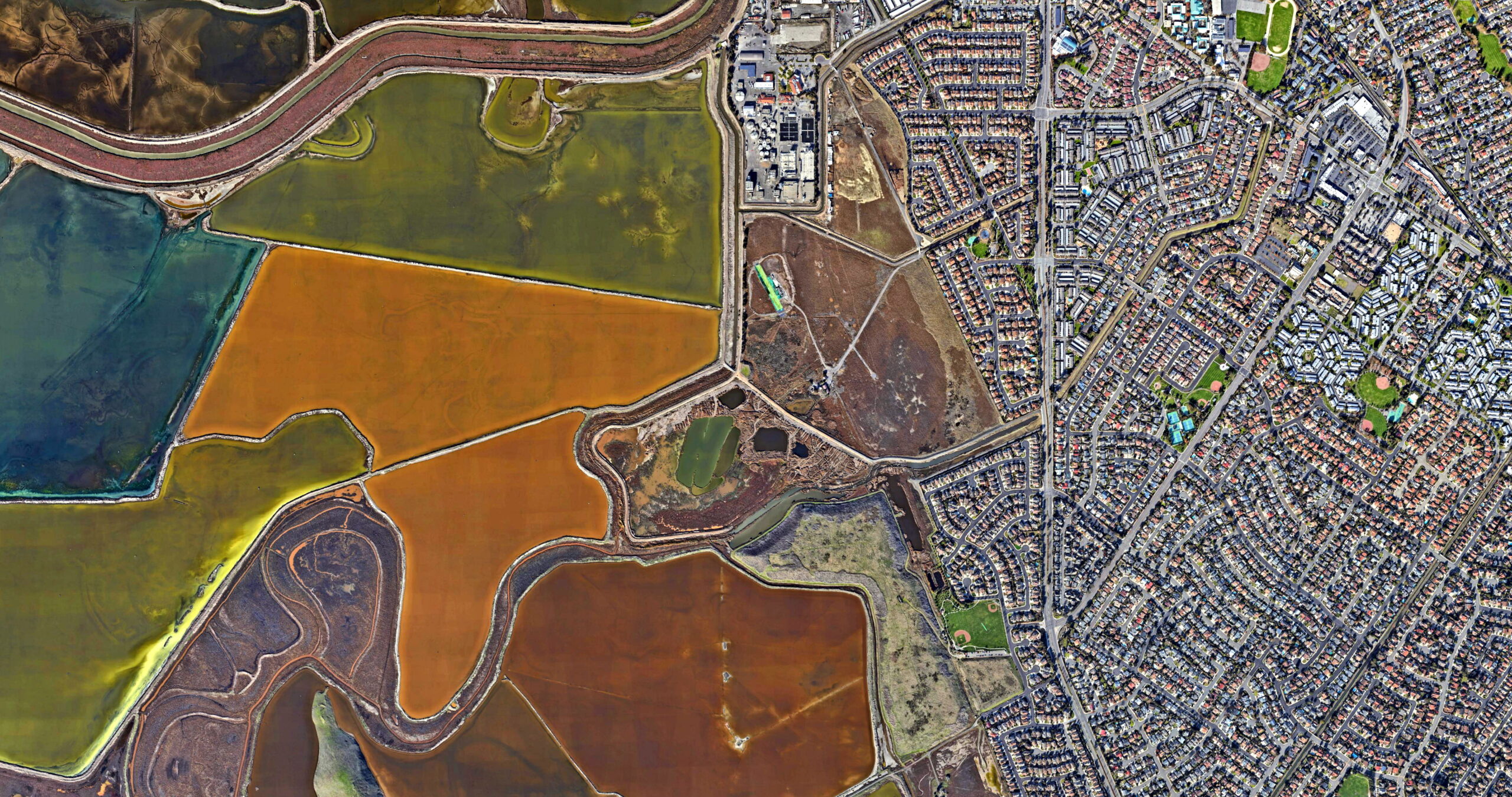The Climate Impact Lab partners with the U.N Development Programme to provide original research and data to support the UNDP’s Human Development Report Office in developing an interactive mapping tool to visualize and communicate the climate risk dimension of human security.
Modern data science and econometrics are rapidly providing new insights into the various ways that environmental conditions affect human well-being around the world. In particular, cutting-edge research has identified ways in which changes to climatic conditions—such as heatwaves, droughts, and floods—harm human health, affect the reliability of energy, disrupt food production systems, and damage infrastructure. These new advances, the focus of ongoing research by the multi-institution Climate Impact Lab, could significantly improve understanding of the risks that climate change poses to human security.
First introduced in the landmark 1994 Human Development Report to the United Nations Development Programme (UNDP), the concept of “human security” serves as a people-centered gauge for safety. It aligns with the broader human development approach, often framed in terms of whether people are “free from fear” or “free from want.” Climate change impacts people’s ability to be healthy, well-fed, sheltered, and effective in their work through mechanisms that the Climate Impact Lab’s research can measure and quantify. Estimating these effects community-by-community worldwide provides perspective on the vast inequalities within and between countries, illuminating where the risks of unmitigated climate change are most significant. The most profound implications of this research are within the borders of developing countries, with low-income developing countries particularly exposed.
In 2021, Rhodium Group and its Climate Impact Lab partners formed a partnership with the U.N Development Programme to provide original research and data to support UNDP’s Human Development Report Office in developing an interactive mapping tool to visualize and communicate the climate risk dimension of human security. The partnership was unveiled today in a new report, “New Threats to Human Security in the Anthropocene: Demanding Greater Solidarity,” featuring research and findings from the Climate Impact Lab.

This spring, we will launch a pilot platform that will provide scenarios of the effects of climate change on people everywhere for the next eight decades. Our interactive platform will translate global physical changes, such as more annual days of extreme heat, into impacts on human welfare, health, and security. The platform will serve as a public good that will allow people and policymakers across the globe to visualize future scenarios, anticipate risks, and provide information for local, national, and global action.
As the Climate Impact Lab completes new research on additional categories of climate impacts, this living platform will serve as the foundation for developing a more comprehensive mapping of climate impacts. The platform will visualize the welfare dimension of climate change, showing the heterogeneity of impacts both between and within countries, and serving as a tool to help the world address these threats and build a sustainable future.



